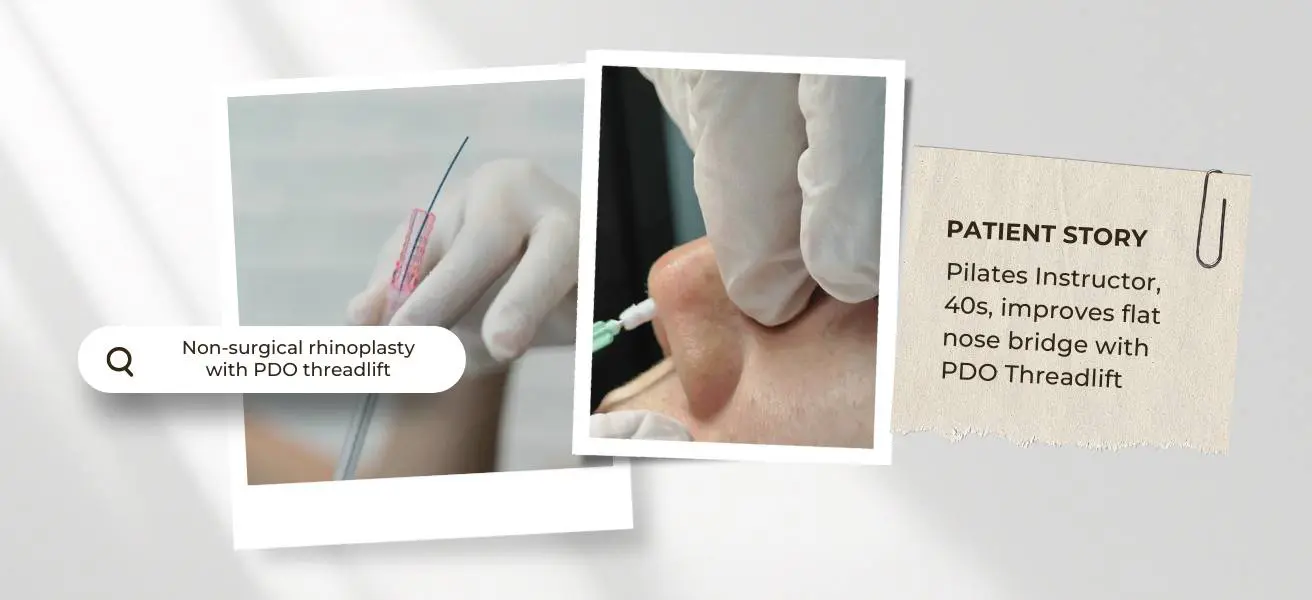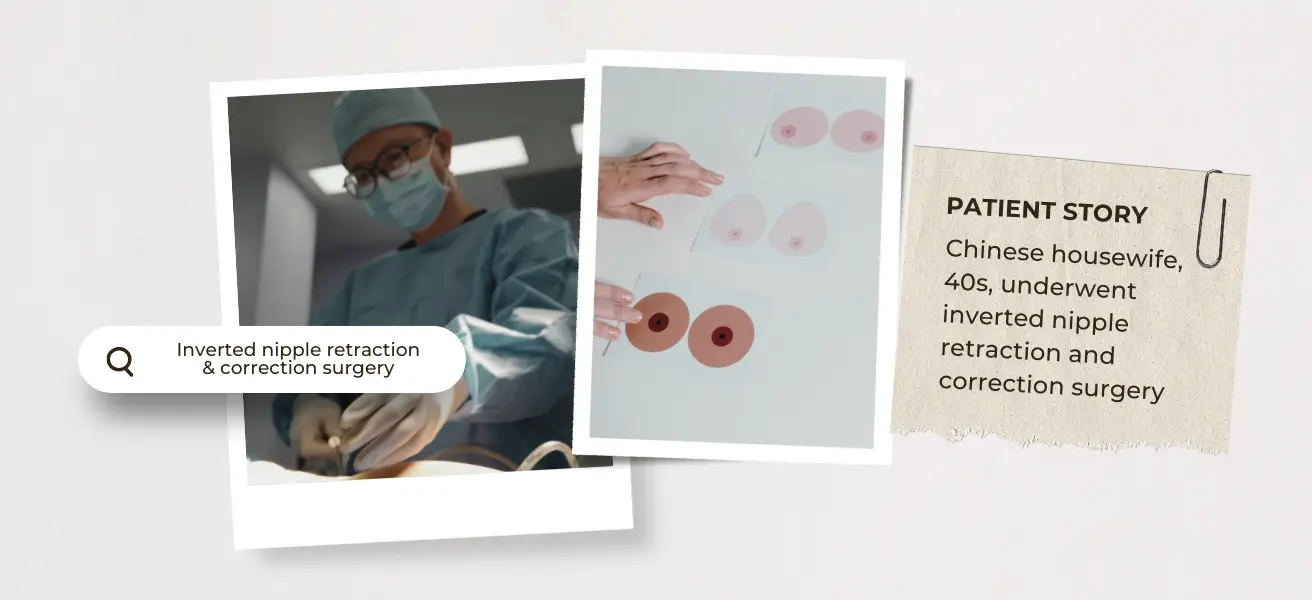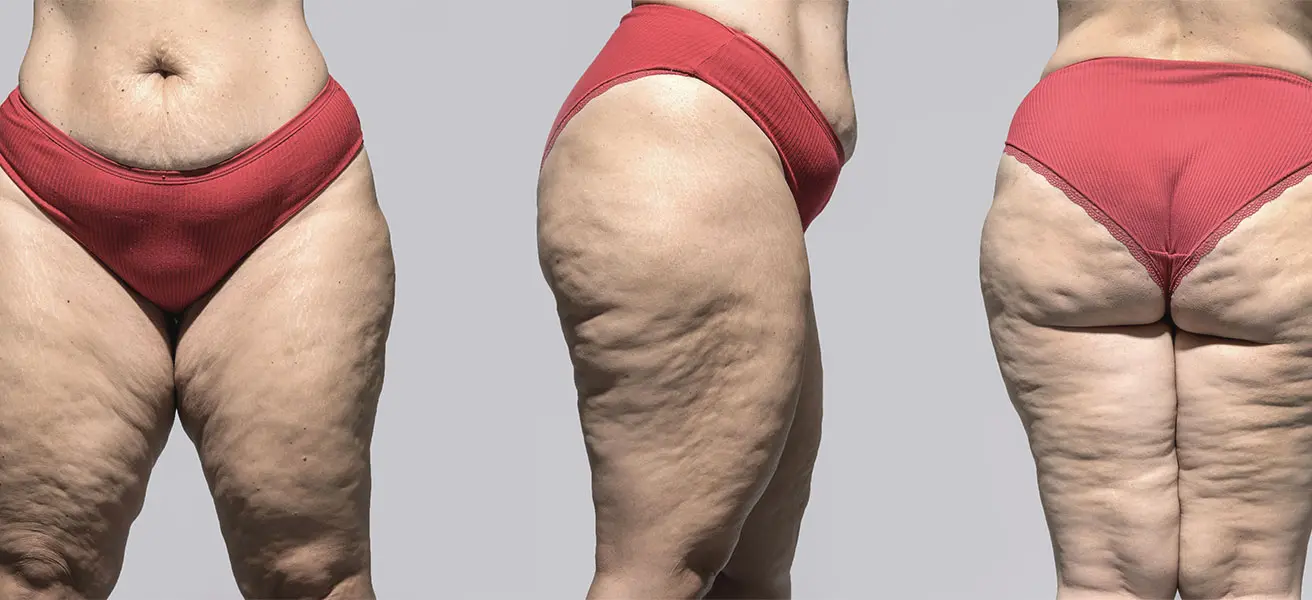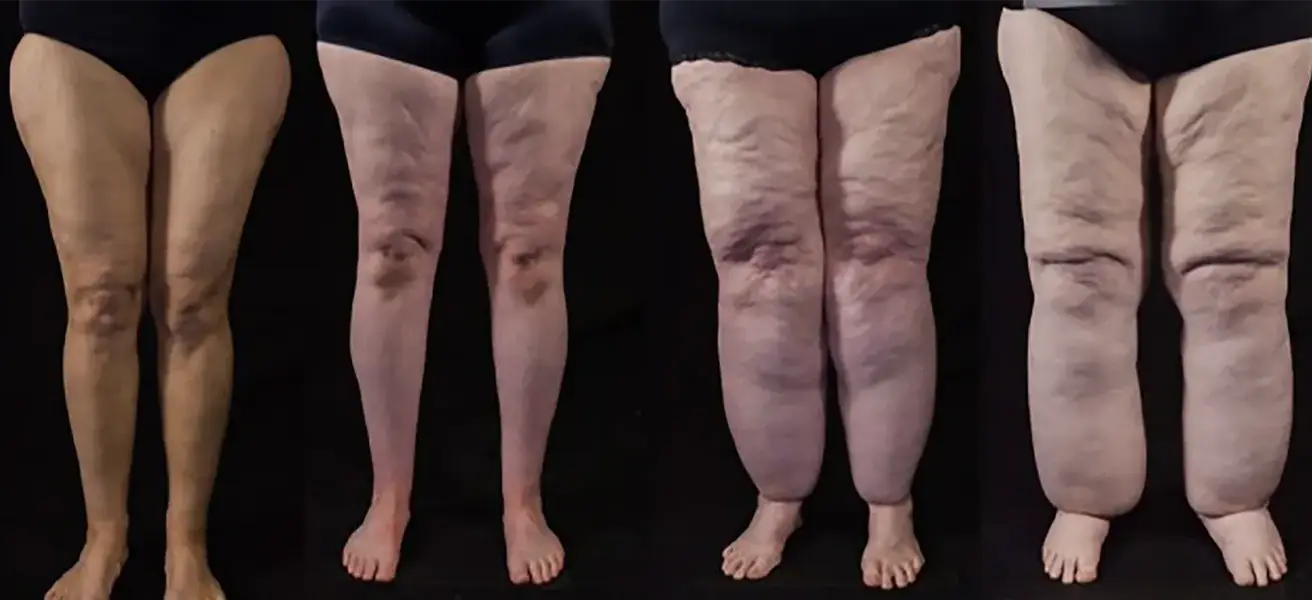Here is a breakdown of the different grades, how gyno affects your self-esteem, and what can be done to get you ready for your NS journey in full confidence.
Table of Contents
Brazilian researchers are saying that abdominal (belly fat) liposuction is "a temporary" fat reduction treatment, as most women report an increase in belly fat six months to a year after the surgery. Why so?
Understanding the abdomen (belly) and its fat components
The abdomen comprises visceral fat and subcutaneous fat.
Visceral fat makes up about a tenth of all the fat stored in the body. It is a hidden fat stored deep in the belly and envelopes itself around the vital organs, such as the stomach, liver and intestines. This type of fat is also known as 'active fat' as it plays an active role in our body functions, and the presence of high visceral fat also increases the risk of severe health issues.
Subcutaneous fat, on the other hand, is known as adipose tissue, and it is stored underneath the skin. It lies in the third, deepest layer of your skin and unlike visceral fat, you can pinch subcutaneous fat.
What does liposuction do to abdominal (belly fat)
Liposuction is a fat removal and body contouring procedure that removes targeted subcutaneous fat in the area of concern.
Visceral fat, on the other hand, cannot be reduced with liposuction. No surgeries or non-invasive treatments can reduce this fat, except for regular aerobic and strength training exercises and a calorie-controlled, nutritious diet [1].
Women who begin a regular exercise regimen after surgery can maintain their lipo results for a very long time

Back to the Brazilian researchers: The Brazilian study published in the Journal of Clinical Endocrinology and Metabolism proved that lack of exercise following body sculpting surgeries like liposuction can shorten the results. The University of São Paulo studied the relationship between exercise and liposuction results with 36 healthy but inactive young women aged 20 to 35. They volunteered to get 1 to 1.5 litres of belly fat removed via liposuction.
50% of them gained 10% more visceral fat than they already had before the surgery as they maintained their sedentary lifestyle.
The other half started a four-month fitness program that consisted of cardio and weight lifting three times a week. Not only did they maintain their liposuction results and not regain fat, but they also lost more overall fat, showed improved insulin sensitivity and became physically fitter.
FAQ On Exercising After Liposuction

When To Exercise After Liposuction?
You can return to exercising in two to three weeks after your abdominal (belly fat) liposuction procedure. Start gradually and allow your body to heal.
When Can I Lift Weights After Liposuction?
Resuming weight lifting or heavy gym work will depend on the extent of the surgery. As each patient's recovery rate varies, our doctor will advise the patient accordingly during the review.
Why Can't You Exercise After Liposuction?
To ensure a safe and successful recovery, you must diligently adhere to the post-operative instructions provided by your medical team. These guidelines include refraining from immediate exercise after liposuction, as it can potentially extend your recovery timeline.
Best Exercise After Liposuction?
The most beneficial exercise after liposuction primarily involves low-impact activities. Walking can alleviate swelling, minimise water retention, and promote the overall healing process.
However, it's essential to proceed with caution and prioritise your comfort. If you experience any pain or discomfort, it's advisable to discontinue the activity. Always wait for approval from your liposuction doctor before resuming exercise.
How Long Does It Take To Lose Weight After Liposuction?
Liposuction is not indicated for weight loss. Rather, it is an effective body fat removal and body contouring procedure to correct disproportionate body shape, and tackle stubborn fat that is resistant to diet and exercise. If your objective is to lose weight, a weight management programme may be more suitable for you.
Besides Regular Exercise and Healthy Meals, How Else Can I Maintain The Results Of My Procedure?
Moderate Your Alcohol Intake
Per recommendations from the American Heart Association and Centers for Disease Control and Prevention, maintaining a healthy weight and overall well-being involves moderate alcohol consumption. Ideally, men should limit their daily alcohol intake to no more than two units, while women should aim for no more than one unit. It's worth noting that a single unit of alcohol amounts to approximately 96 calories.
It's important to be aware that a standard 330ml regular beer contains around 142 calories, with craft beers generally having higher calorie content than commercial varieties. In contrast, a typical glass of wine typically contains approximately 120 calories.
MLD Therapy
MLD Therapy is vital in promoting natural lymphatic drainage within the body. It effectively guides waste products away from the tissues.
Post-liposuction, MLD Therapy helps to reduce swelling, bruising, pain, fluid retention, and the formation of scar tissue. By doing so, the recovery period is shortened, and the overall results are significantly improved.
Abdominal Liposuction Cost In Singapore
Abdominal (belly fat) liposuction offers a long-lasting and effective solution for eliminating stubborn excess fat and achieving a flatter stomach.
When considering the cost of abdominal liposuction in Singapore, it's important to understand that there isn't a one-size-fits-all pricing structure, as it varies depending on factors such as your clinical condition, specific body goals, skin elasticity and surgical complexity.
About Dr Ivan Puah, liposuction doctor in Singapore
Dr Ivan Puah is a MOH-accredited liposuction doctor in Singapore, with close to two decades of body sculpting experience. He was trained in the United States in Vaser liposuction and gynecomastia surgery and in Italy for Laserlipolysis. He is also the Chairman of Lipo Peer Review Committee in Singapore and is experienced in 4D Liposuction, Gynecomastia Surgery, Corrective Liposuction and many more.
If you're considering Abdominal (Belly Fat) Liposuction, we welcome you to contact us at customer@amaris-b.com or Whatsapp 91524140.





























